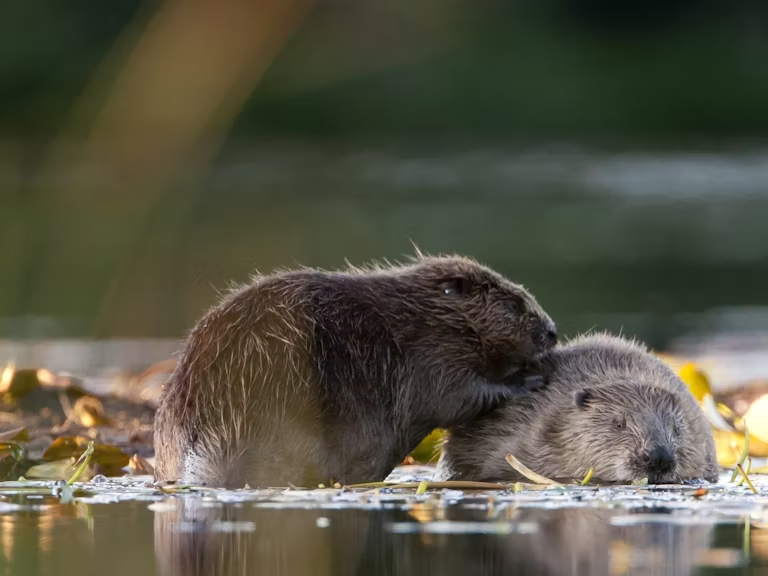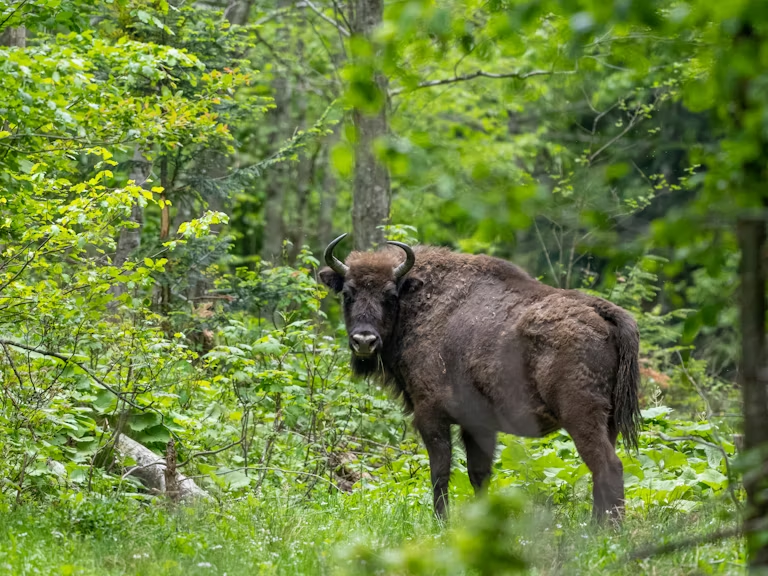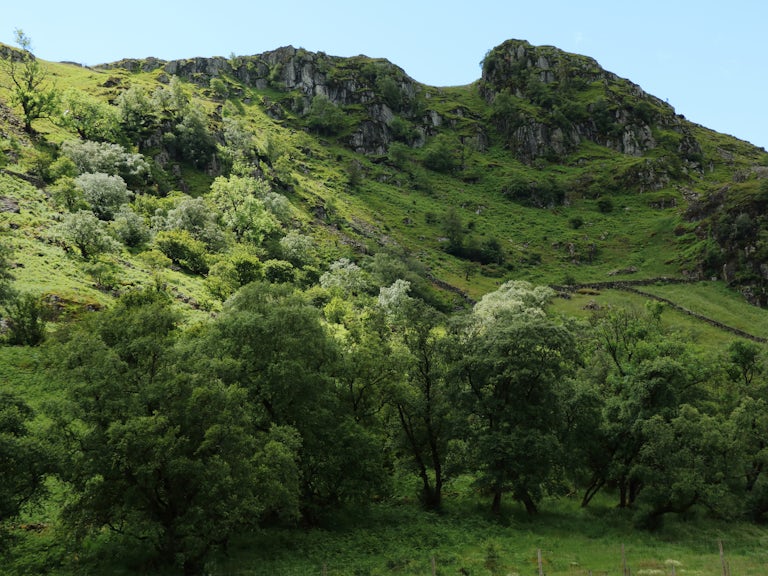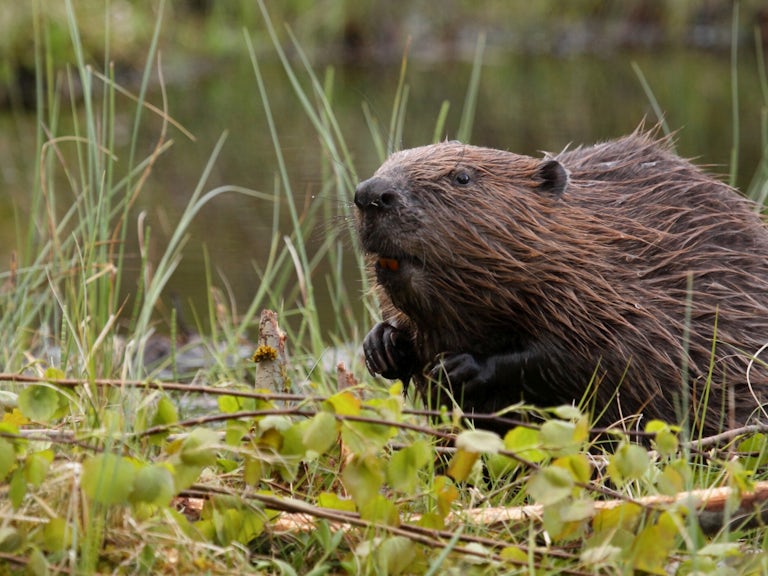Report: Blue carbon
How our marine ecosystems can help remove carbon from our atmosphere

Protecting and rewilding our seas is vital to allow marine wildlife to thrive – and it’s also a crucial tool in the fight against climate breakdown. ‘Blue carbon’ refers to carbon held within seabed sediments and in saltmarsh, seagrass, shellfish and kelp habitats.
Protecting more of these habitats and allowing them to rewild – by placing them off-limits to destructive bottom trawling and fishing practices – can help lock up significant amounts of carbon from the atmosphere. The UK’s woodlands and peatbogs are increasingly regarded as critical to our carbon strategy, so it’s important that the Government treat carbon contained in marine and coastal ecosystems in the same way.
Our joint report with the Marine Conservation Society (MCS) shows that:
- Globally, the rewilding of key blue carbon-sequestering marine and coastal ecosystems such as seagrass beds, saltmarshes and mangroves could deliver carbon dioxide mitigation amounting to 1.83 billion tonnes. That’s 5% of the emissions savings we need to make worldwide.
- Yet in UK waters, destructive bottom-trawling and dredging is disturbing sea sediments, risking the release of millions of tonnes of carbon. We’ve also lost many of our carbon-sequestering marine habitats – the extent of seagrass beds has declined by an estimated 50%, and we’re losing approximately 100 hectares of saltmarshes every year.
- Protecting our seas allows them to rewild and flourish: the report profiles a series of exciting marine rewilding case studies that are working to restore key blue carbon habitats around the UK coast, such as seagrass, saltmarsh, oyster reefs and kelp forests.

Download the full Blue Carbon report
Download pdfWe are calling on the Government to:
1. Scale up the rewilding of our seas for biodiversity and blue carbon
- The Government should designate at least 30% of UK seas as Highly Protected Marine Protected Areas by 2030, with at least a third of these (so at least 10% of UK seas) designated Fully Protected Marine Protected Areas.
- Implement bottom-towed fishing gear free-zones around the entirety of the UK coast in nearshore waters, the extent of which should be dependent on local and regional considerations, to recover marine ecosystems, support the recovery of fish and shellfish stocks and protect and restore blue carbon habitats.
- Support ambitious projects to restore key blue carbon habitats such as seagrass, saltmarsh, oyster reefs and kelp forests around the UK coast.
- Unlock the value of the natural capital of our ocean, alongside the innovation and resources of the private sector, through the development of sustainable market finance initiatives.
Download the summary version of the report
Download pdf2. Integrate blue carbon protection and recovery into climate mitigation and environmental management policies
- As part of a Blue Carbon Strategy, commit the UK governments to specific and ambitious blue carbon habitat recovery, restoration and protection targets in the UK’s next Nationally Determined Contribution to the Paris Climate Agreement in 2025
- Fully account for blue carbon in UK carbon budgeting.
- Develop a comprehensive ‘Ocean Charter’ that integrates nature recovery plans with climate change mitigation and adaptation policies, including those for Blue Carbon. This will provide a pathway for the UK to meet its commitments to Sustainable Development Goal 14 and the Decade of Ocean Science for countries to develop national ‘Sustainable Ocean Plans’ to deliver a sustainable Blue Economy, by 2030.
3. Work with the private sector to develop and support sustainable and innovative low-carbon commercial fisheries and aquaculture
- Commit to fully sustainable management of UK commercial fish and shellfish stocks, applying an ecosystem-based approach and halving fisheries related carbon emissions by 2030 to deliver climate and nature positive fishing.
- Fully invest in the development of innovative low-carbon aquaculture technologies and best practice,
- including, processing and feed production, to halve UK aquaculture carbon emissions by 2030.
- Support and invest in the development of UK markets for sustainable, low-carbon wild-caught fish an innovative aquaculture products, with a roadmap for delivery produced by 2022⁄23.



